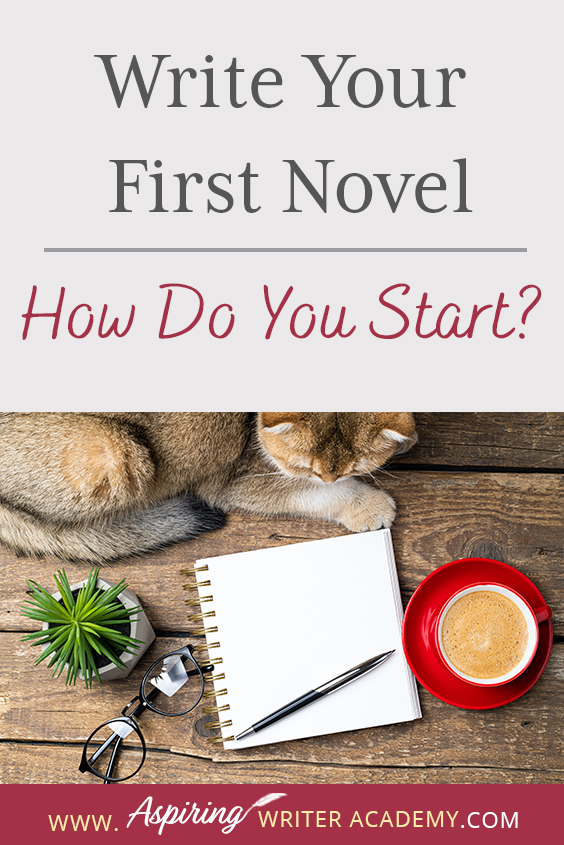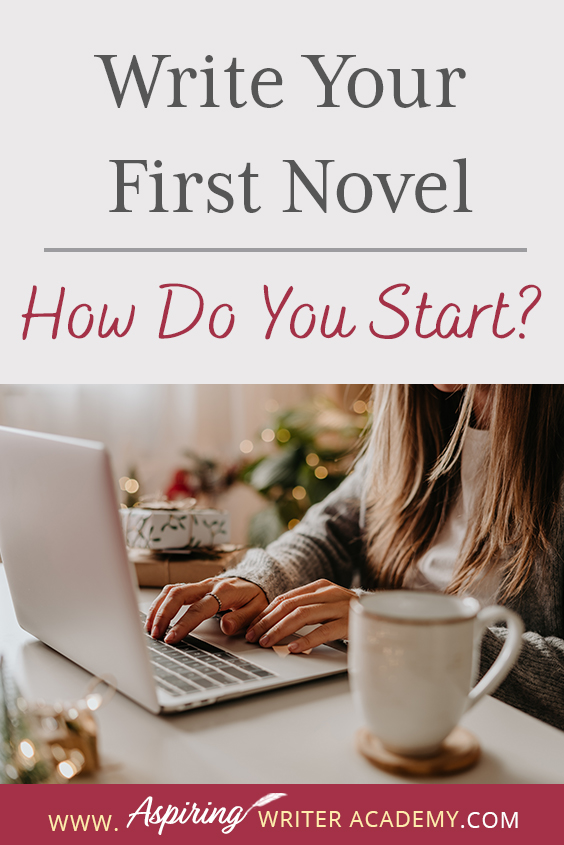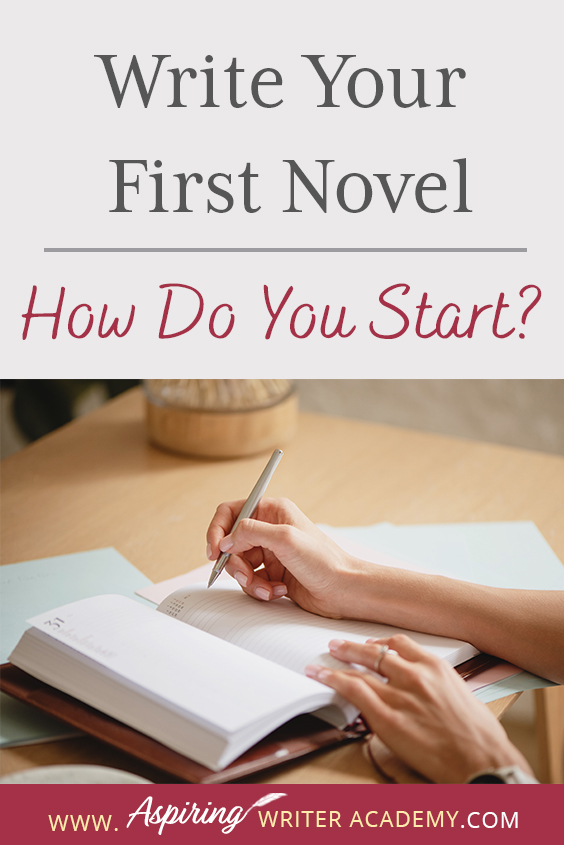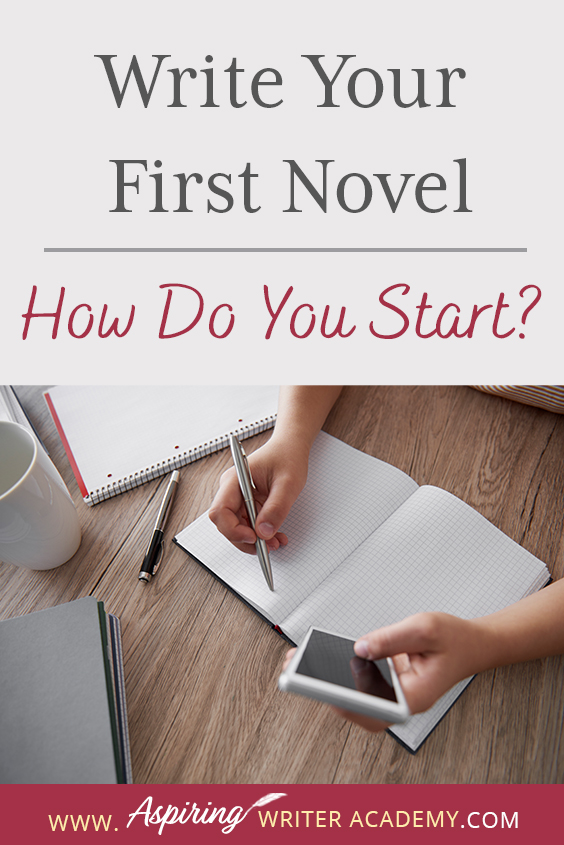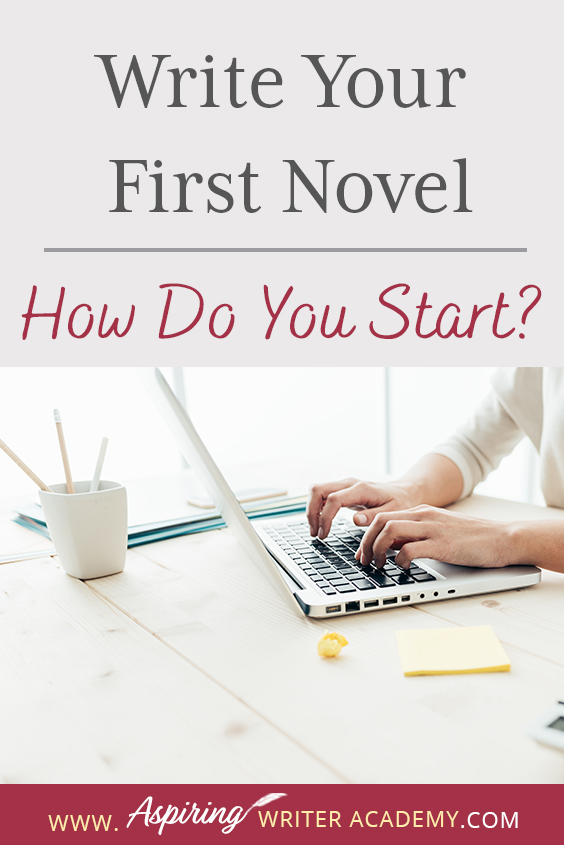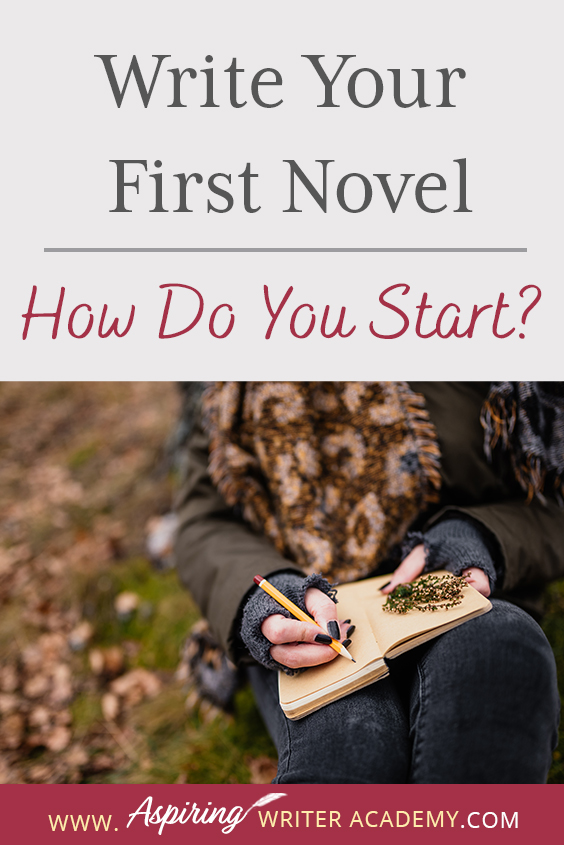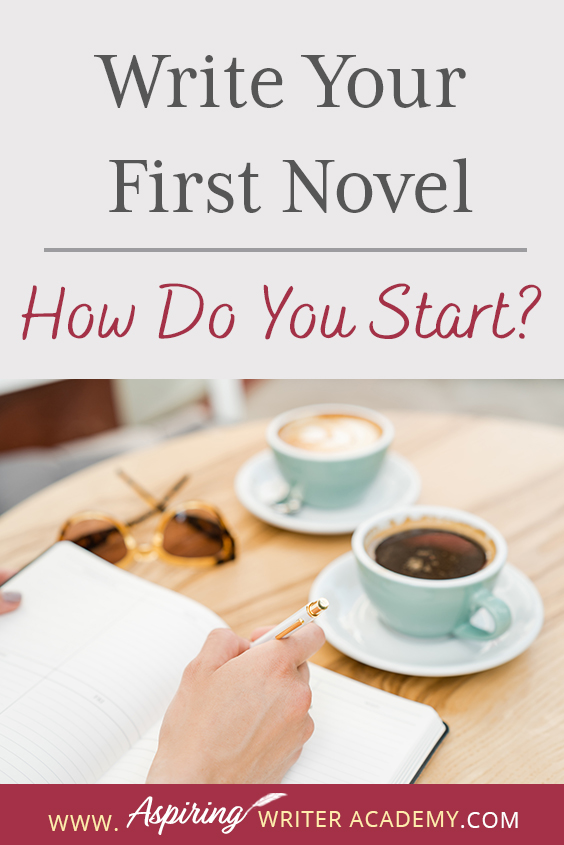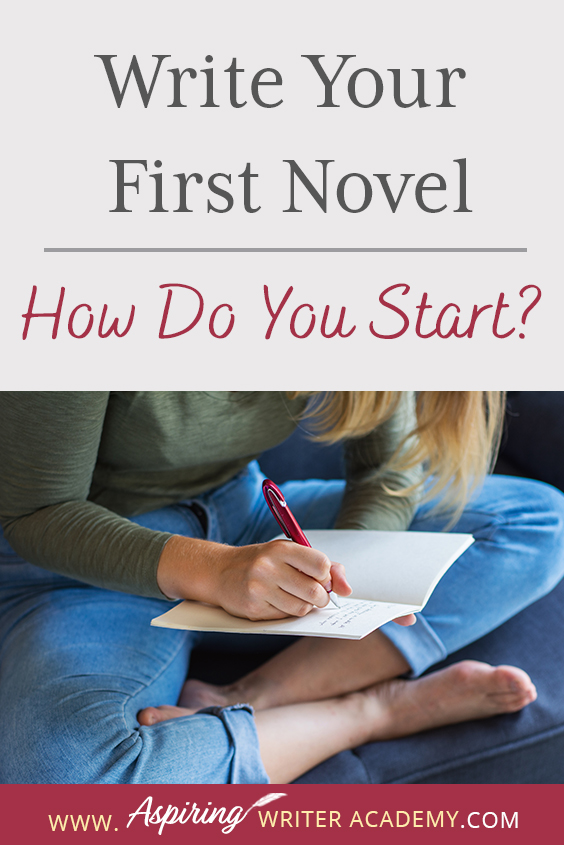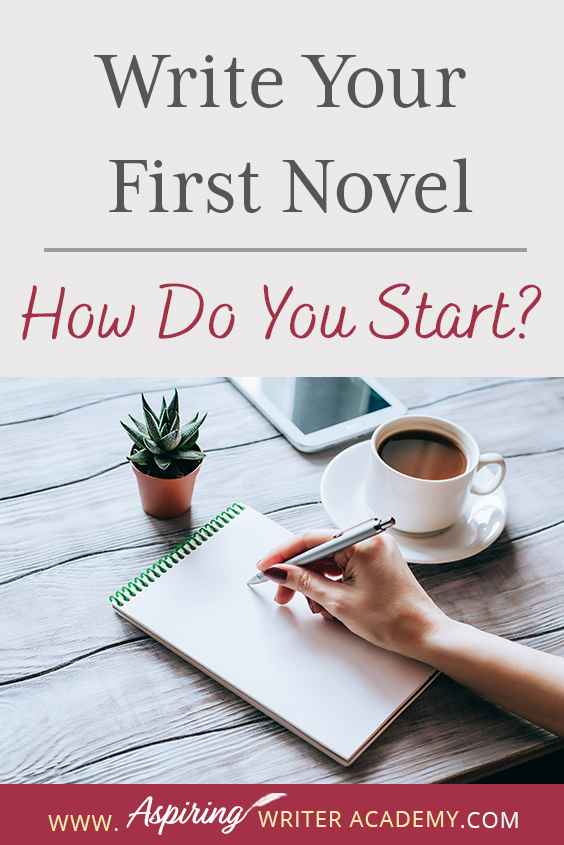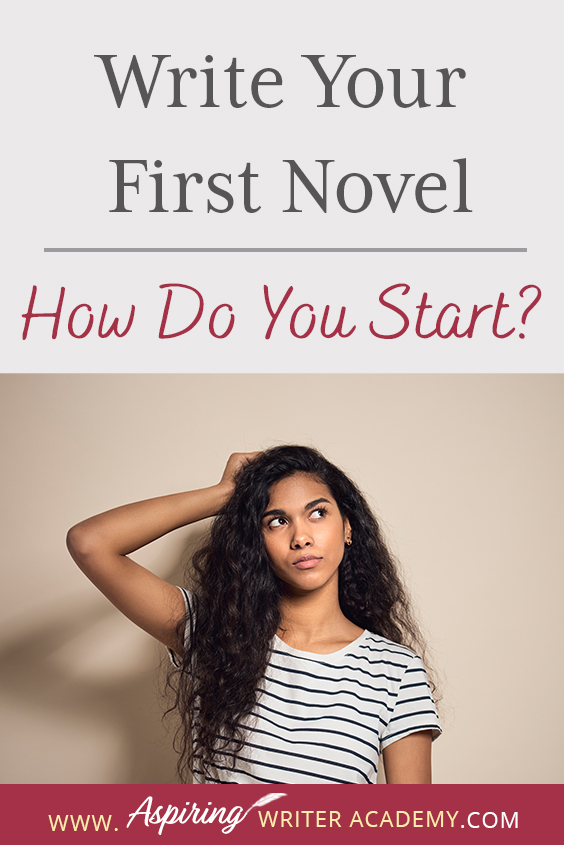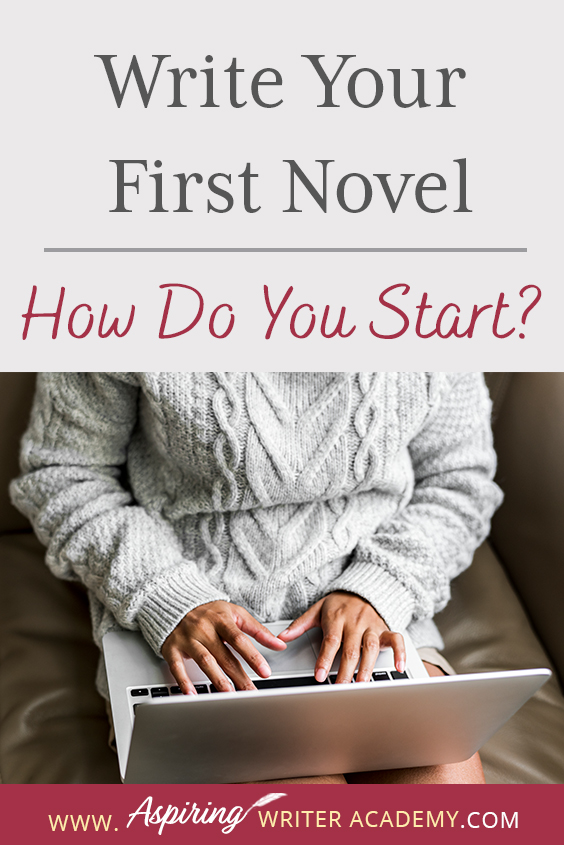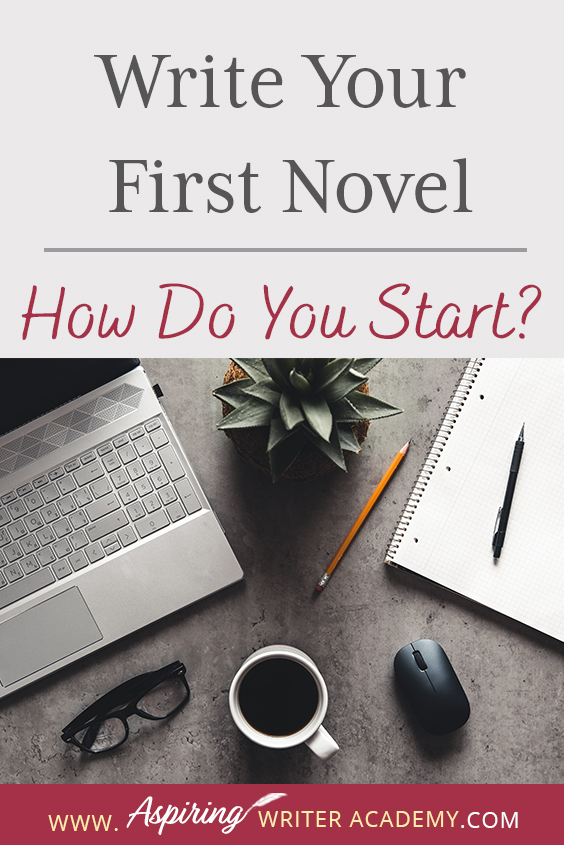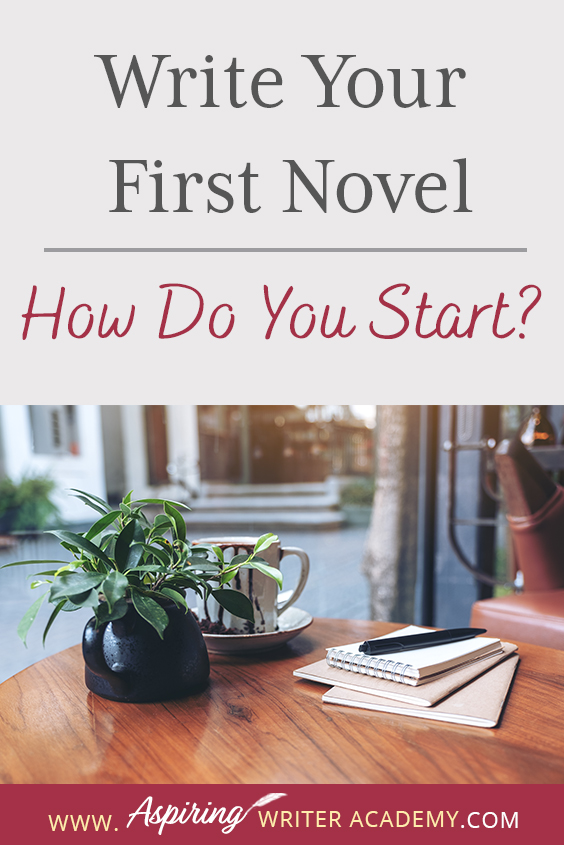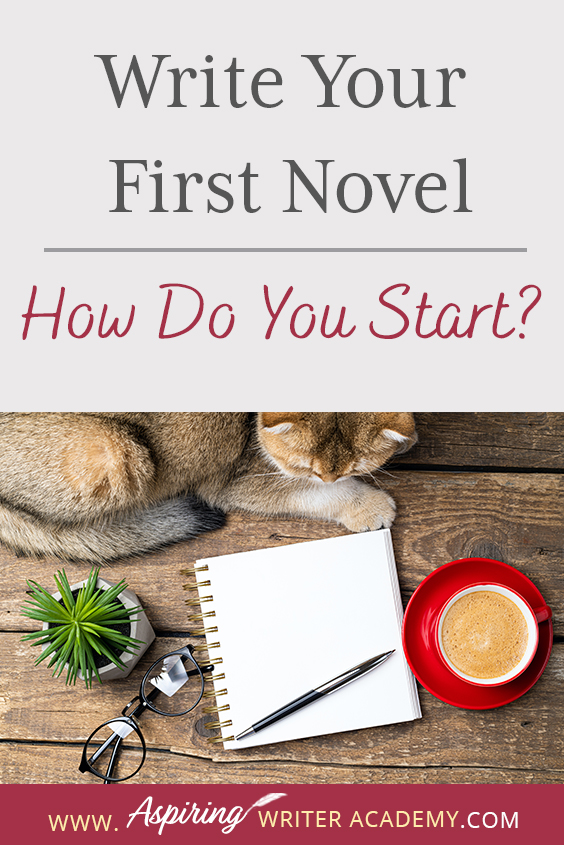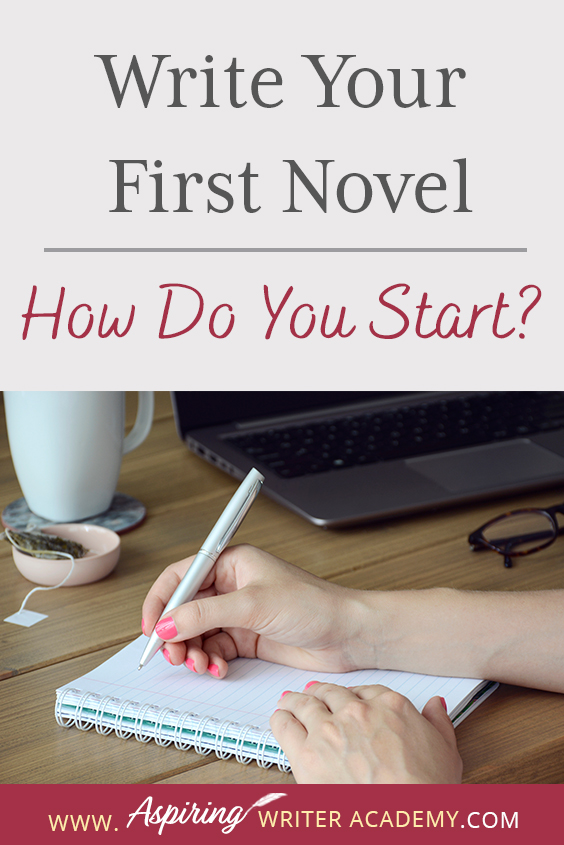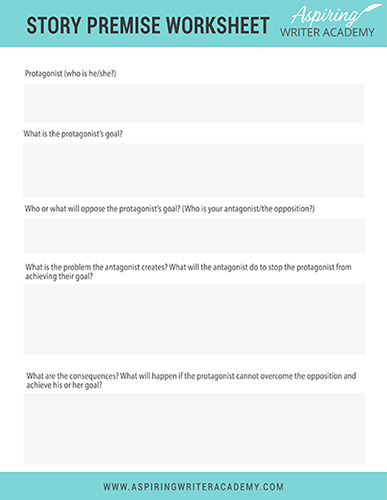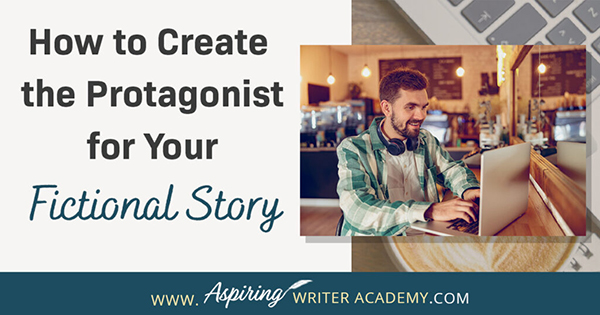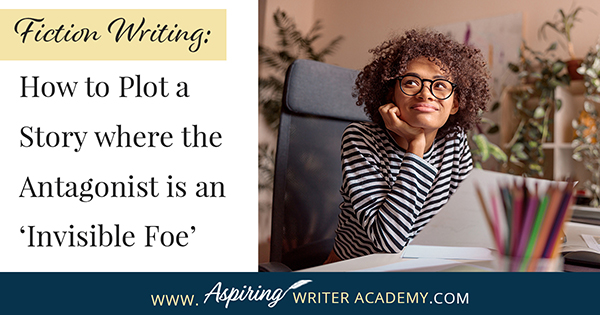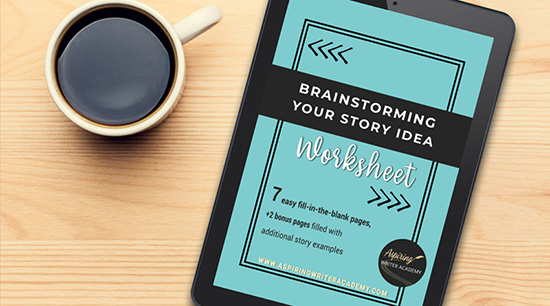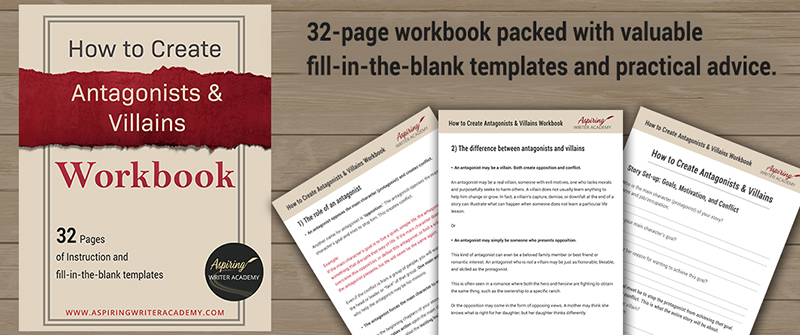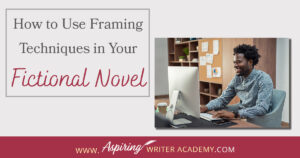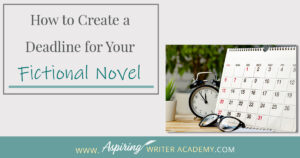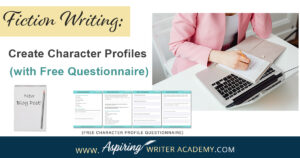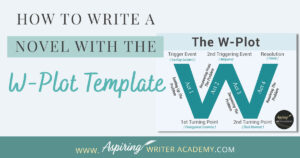Write Your First Novel: How Do You Start?
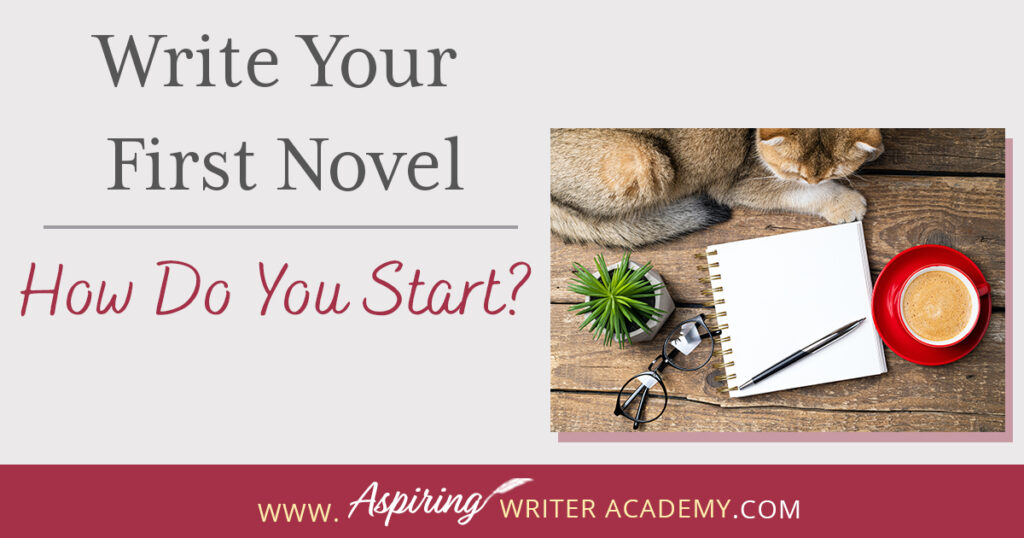
Are you finally ready to write that book you always wanted to write one day? Great! How do you start? Who should be your main character? What will the story be about? Does there have to be a villain? When and where should the story take place?
In our post, Write Your First Novel: How Do You Start? we help you choose your main character, pinpoint the opposition, and create a story that you will be excited to write!
Follow along as we take a look at:
- Character
- Conflict
- Consequences
1) Choose a main character and give him/her a goal – what does he or she want to do?
First, you must give the reader someone likeable and interesting to follow, someone to root for. Who is your story about?
Your main character, (called the protagonist) is not a side-line character but will be the one taking action to pursue a goal. This character will have the most to lose if he or she does not achieve this goal. This character drives the story forward with their actions and their decisions.
What will this character do? Your protagonist needs a goal. What does he or she want? What will he or she pursue throughout this story? What does this character want to achieve?
Click to see: Why Your Characters Need Story-Worthy Goals
Examples:
- Is the character after a promotion?
- Would the character like to become a professional songwriter?
- Does your character wish to win the love of another?
- After an injury, does your character wish to learn to walk again?
- Does your character need to defend his planet from an evil alien attack?
Does the protagonist in your fictional novel need to pursue a goal?
Yes, your main character needs to actively strive to achieve a goal or the story flounders, often going around in circles or off on strange tangents. Without a goal, the story will hold little interest or meaning for the reader.
You must also ask – WHY does the character want to pursue this goal? Why does he or she want this? What is your character’s reasoning? What pushes the character forward?
What embarrassing or painful incident in the past makes accomplishing this goal even more important? The stronger the motivation, the better!
For more help creating your main character, check out: How to Create the Protagonist for Your Fictional Story
2) Who or what will oppose your main character’s goal and create conflict? What does the opposition do?
Now that you have your main character (protagonist) in pursuit of a goal, you will need to create some opposition to try and stop the character from achieving that goal.
Why?
Because the opposition creates conflict, (a big problem for your protagonist). It is the conflict that makes your story exciting. The tension derived from the conflict creates questions in the reader’s mind and keeps readers anxious to see what will happen next and how the story will be resolved. Interested readers will not set your book down but will keep turning pages to finish your book. (This is what you want!)
The opposition can be another person, the protagonist himself, or a force of nature.
Another name for the opposition is ‘antagonist’ for this is what will antagonize your protagonist throughout the story. So who or what is your antagonist?
If the antagonist is another character, who is the best one to directly oppose your main character’s goal? Who has the best chance to stop him? Give your main character a worthy opponent, one who is an equal or perhaps even more powerful. This will make the challenge of overcoming this opposition even harder.
An antagonist can be someone who just has an opposing view, like a friend, rival, or loved one, or the antagonist can be an actual villain, someone who lacks good morals or is evil, and seeks to seriously harm your main character.
What is the opposition’s game plan? What will the antagonist DO to prevent the protagonist from achieving his/her goal?
The antagonist will not just do one thing, but battle with the protagonist back and forth until the resolution at the end of the book. Like a game of chess, if your protagonist takes one step forward, the antagonist will seek to counteract that step with another move of his own. To which the main character will have to respond, and the cycle repeats with the challenges increasing in intensity as the story progresses.
What if the opposition is within the character himself? If your character has a mental or physical illness, he or she will be battling the progress to get healthy in the same manner with back-and-forth challenges.
And if the opposition is a force of nature like an incoming hurricane or erupting volcano? Then again, you will need the main character fighting against the challenges this force of nature presents.
For a better understanding of this kind of opposition, you may want to check out: Fiction Writing: How to Plot a Story where the Antagonist is an ‘Invisible Foe’
3) What are the consequences if the main character cannot solve or overcome this conflict? What terrible thing will happen?
The more dire the consequences, the more intense your story will be. The threat of the impending consequences is what propels your main character to keep going even when he or she feels like giving up. The consequences push your protagonist into action.
If your main character does not overcome the problems presented by the opposition (antagonist or villain), what will happen? What will be the result? What will the main character have to face? What will your protagonist’s life be like going forward? How will he or she suffer?
Use this template:
Protagonist (who is he/she?)_____________, must take action (what must he or she do?)___________________________________________________________________ to overcome the problem (what is it?)__________________________________presented by the antagonist, (who or what is the opposition?)________________________ or this will happen:_____________________________________________________________.
Congratulations! You have just created your story premise! Does it excite you?
If not, how can you change it to make your premise strong enough to stir up your emotions? How can you make it even more exciting? What would it take to make you sit up on the edge of your seat and say, “Wow! I can’t wait to start writing this!”
As you are brainstorming these three starter questions about character, conflict, and consequences to flesh out your story, you may also want to consider the setting.
Where do you imagine a story like this could take place? Is it a contemporary setting or historical? What is the month, season, and year?
We hope you have enjoyed Write Your First Novel: How Do You Start? and that you have gained some valuable tips to help you write a new fictional story that you will be excited about!
If you have any questions or would like to leave a comment below, we would love to hear from you!
If you like more help developing your story, you may wish to download our Free Brainstorming Your Story Idea Worksheet
Do you find it difficult to create compelling antagonists and villains for your stories? Do your villains feel cartoonish and unbelievable? Do they lack motivation or a specific game plan? Discover the secrets to crafting villains that will stick with your readers long after they finish your story, with our How to Create Antagonists & Villains Workbook.
This 32-page instructional workbook is packed with valuable fill-in-the-blank templates and practical advice to help you create memorable and effective antagonists and villains. Whether you're a seasoned writer or just starting out, this workbook will take your writing to the next level.
Our Goal for Aspiring Writer Academy is to help people learn how to write quality fiction, teach them to publish and promote their work, and to give them the necessary tools to pursue a writing career.
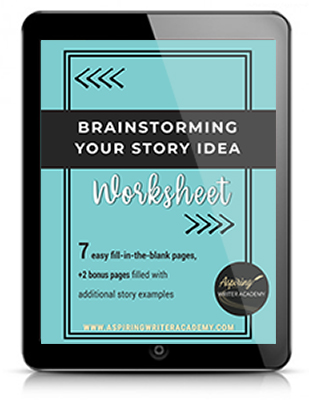
ENTER YOUR EMAIL BELOW
TO GET YOUR FREE
"Brainstorming Your Story Idea Worksheet"
7 easy fill-in-the-blank pages,
+ 2 bonus pages filled with additional story examples.
A valuable tool to develop story plots again and again.
Our Goal for Aspiring Writer Academy is to help people learn how to write quality fiction, teach them to publish and promote their work, and to give them the necessary tools to pursue a writing career.
Other Blog Posts You May Like
Do You Dream of Being a Published Author? (How Bad Do You Want It?)
Who is an ‘Aspiring Writer?’ 3 Tips to Escalate Your Career No Matter What Level You Are At
How to Write the Midpoint of Your Novel (and Avoid a ‘Saggy Middle’)
20 Items to Bring to Your First Writer’s Conference
How to Find a Great Story Idea in 4 Easy Steps
How to Write a Novel While Working Full Time
Slingshot Week: How to Set New Goals for Writing in 2023
The Pros and Cons of Writing Holiday Fiction (Collections & Anthologies)
Fiction Writing: How to Find a Critique Partner/Group
How to Research Information for a Historical Novel
7 Steps to Begin Writing a New Fictional Story
Fiction Writing: 5 Key Differences Between a Novel and a Novella
Fiction Writing: Office Supplies to Help You Prepare to Write Your Next Novel
3 Levels of Goal Setting for Fiction Writers
50 Top Resource Books for Fiction Writers
Why We Started Aspiring Writer Academy: Our Story

is a multi-published author, speaker, and writing coach. She writes sweet contemporary, inspirational, and historical romance and loves teaching aspiring writers how to write quality fiction. Read her inspiring story of how she published her first book and launched a successful writing career.
